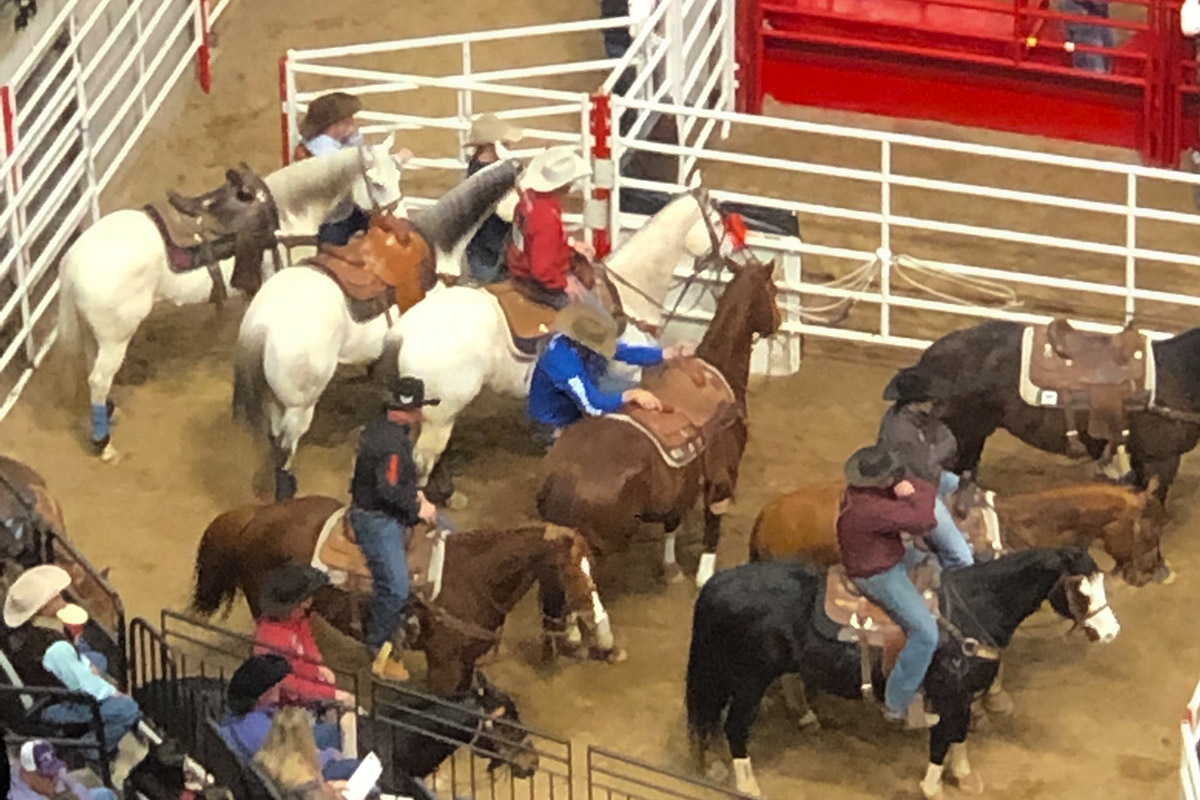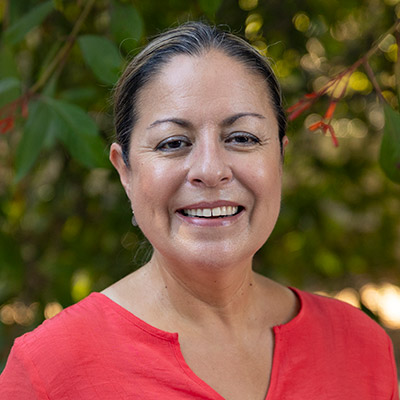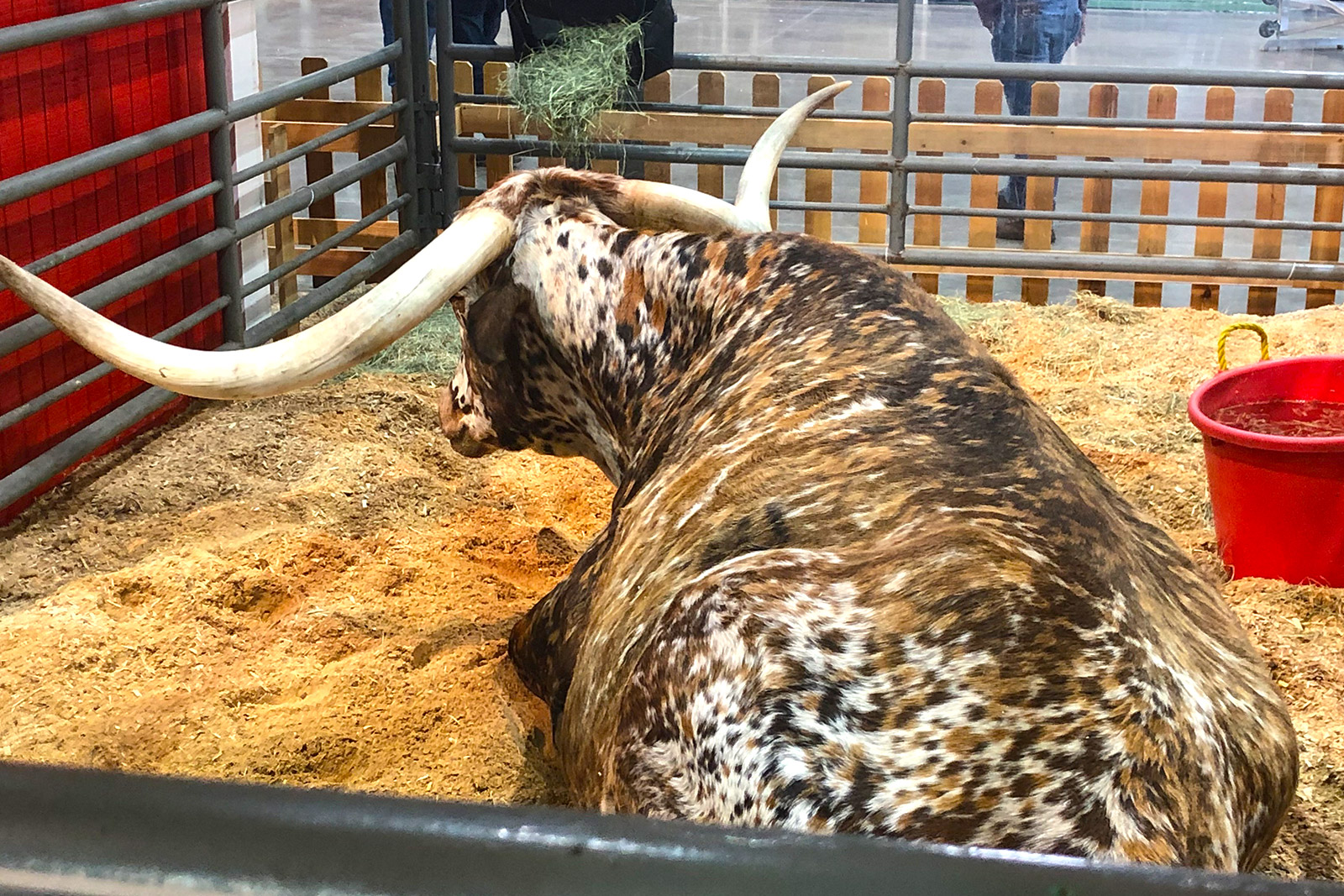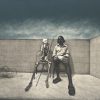
Pickup riders wait their turn to assist bronc riders with safely dismounting their bucking horses and exiting the arena. Photo: Erin Kidder
At a rodeo, besides humans, horses and bulls are often prioritized as the most valuable players, according to Erin Kidder, Ph.D., a brand-new assistant professor of animal studies at Eckerd College.
Kidder’s research of rodeos and stock shows in Texas and Florida revealed that people involved with rearing animals and producing the events regard horses and bulls more highly than pigs and other animals featured in the entertainment events.
“The people who sit in the stands don’t think much about the lives of the animals they are watching,” Kidder says. “However, the people who raise the animals have a different relationship, even though they might have to slaughter or sell those animals.”

Erin Kidder, Ph.D.
A sociologist focused on human and animal consumption relationships—both entertainment and food—Kidder says she approaches her study with an eagerness to learn more about how people are socialized.
Her interest in animals began during a 15-year break from pursuing an undergraduate degree at the University of Texas–San Antonio. Kidder was unsure of her path after leaving her home in Los Angeles and decided to withdraw during her sophomore year to work in private industry, and nonprofits, including at an animal shelter, until she had her aha moment.
“I didn’t know at the time what direction I wanted to go in,” Kidder explains. “So I went into working at nonprofits. I was managing volunteers and a foster care program, and I started to move up in the organization but realized there was always a barrier to how far I could progress without a degree.”
Ready to return to the classroom and fixated on returning to work with animals, Kidder finished her bachelor’s and master’s degrees at San Antonio and then moved on to the University of Central Florida to complete her doctorate in sociology with a human-animal relationship focus. In addition to teaching at UCF as a part of her Ph.D. program, Kidder taught at Valencia College.
At home, Kidder is a Green Bay Packers fan, a vegetarian and caregiver to two pets—a dog named Arnold Horseshack and a cat named Brewster (after Punky). She says those facts don’t color how she views and treats her research subjects.
“I can be completely objective toward the people in my studies because so much of how we consume animals is about how we were socialized and society,” Kidder says.
This fall, Kidder plans to teach Intro to Animal Studies and encourage her students to journal about their animal interactions to raise their awareness of how essential those are to everyday life. She says she’s excited to join Eckerd’s faculty because the community is so intentional about the inclusion of animals in the learning environment. A video of the College’s annual pet graduation for seniors and their companion animals nearly brought her to tears.
“I knew I was meant to be here,” she recalls. “I felt at home with everyone and knew that I would have the ability to focus on what I want to focus on in academia.”













